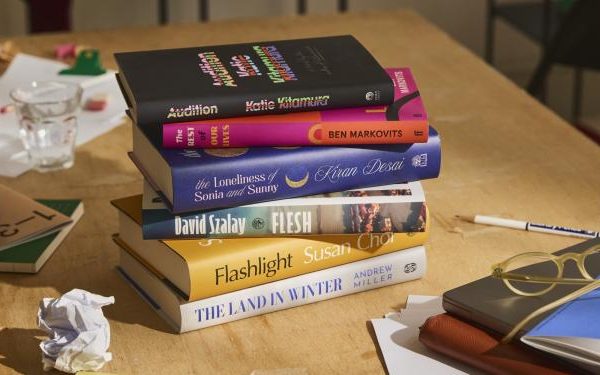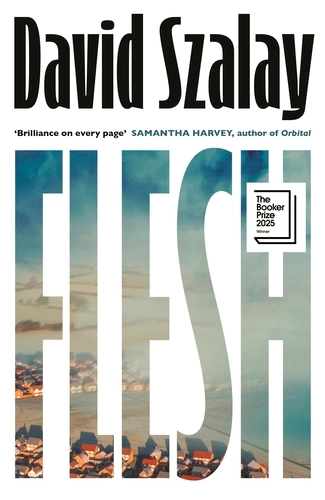6th November 2023
Listen
Listen

On Monday 10th November, the winner of this year’s Booker Prize was announced: Flesh by David Szalay. As always, the literary world waited with great anticipation for the result, but the lead-up to the awards has also been marked by an unexpected debate.
Each year, the Booker Prize captures global attention, and this year’s panel of judges had the challenging task of narrowing down a particularly compelling shortlist. The panel included Chair Roddy Doyle, Ayọ̀bámi Adébáyọ̀, Sarah Jessica Parker, Chris Power, and Kiley Reid, a group celebrated for its diversity of backgrounds and perspectives.
However, a point recently raised to me suggested that the prize may not be quite as diverse as it appears at first glance. While both judges and books span a range of backgrounds and settings, online commentator and “internet librarian” Jack Edwards offered an observation that struck a chord. In a recent Instagram video, he noted that the average age of the shortlisted authors this year was 54, while the judges’ average age was 50, suggesting a subtle but consistent lean toward middle-aged voices. He also pointed out that three of the shortlisted authors had been nominated in previous years, raising questions about how much space the prize makes for emerging writers.
This has sparked an interesting conversation in the literary world. It raises the possibility that the Booker Prize may contain hidden patterns of preference, offering limited space for emerging voices and leaning toward more conservative choices rather than truly innovative ones. With the rise of BookTok and a resurgence of reading among young people, it is striking to see how little the prize appears to reflect this younger demographic.
Edwards argued that the Booker Prize winner “should define the year and push literature forward,” a standard that invites reflection on what the prize aims to represent. Since its founding in 1969, it has crowned a wide array of novels and has expanded into related awards, including the International Booker Prize and, more recently, the Children’s Booker Prize. Yet the conversation about who is elevated, and why, remains as relevant as ever.
Last year, I read the winning novel Orbital by Samantha Harvey and found it fascinating. I’m eager to read this year’s winner too. Whether Flesh, the coming-of-age story about a Hungarian man named István, will define 2025 or push literature into new territory is something readers will soon discover but the debate surrounding the prize is clearly as intriguing as the books themselves.

Jack Edwards’ Instagram: @jackbenedwards
His video on the Booker Prize shorlist: https://www.instagram.com/reel/DQ40P-hDXDl/?igsh=M3hiaHY2ZjFjdzc2
Both the shortlist and longlist: https://thebookerprizes.com/the-booker-library/prize-years/2025
Featured image taken from The Guardian